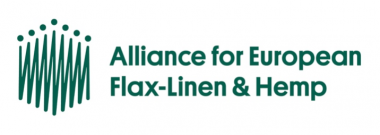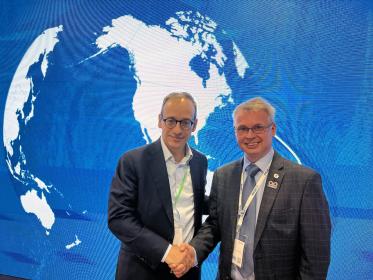INDA remembers CK Wong
INDA is warmly remembering CK Wong, a veteran of the nonwovens industry for more than five decades and long-time member of INDA’s Board of Directors and Executive Committee. Wong passed away on March 22, 2024 at the age of 86.
Wong recognized the importance of the emerging nonwovens industry in the early 1970s. He began his career in the 1980s as a marketing consultant and, one year later, Wong set up his corporate headquarters in Hong Kong to convert nonwoven roll goods into disposable medical and industrial protection products. Over the past 35 years, Wong’s business grew to include household, beauty salon, sports applications, and other value-added products.
In 1994 Wong’s company officially became U.S. Pacific Nonwovens Industry Limited. His business expanded with a new converting plant in Dongguan, China, and in 2007 he invested in an adjacent building to handle his growing business. In 2018 Wong’s business broadened to include manufacturing PLA nonwovens. In addition to converted products, Wong’s business provided sales, service, and training for nonwovens equipment.
Wong was an active member at INDA since the late 90s. He served as Vice Chair of Finance on the Board of Directors for many years before becoming an Appointee on INDA’s Executive Committee. Wong was instrumental in helping INDA set up partnerships with key contacts and associations in China. He was also the Honorable Chairman for the Guangdong Nonwovens Association (GDNA) and the China Nonwovens & Industrial Textiles Association (Spunbond Division).

























